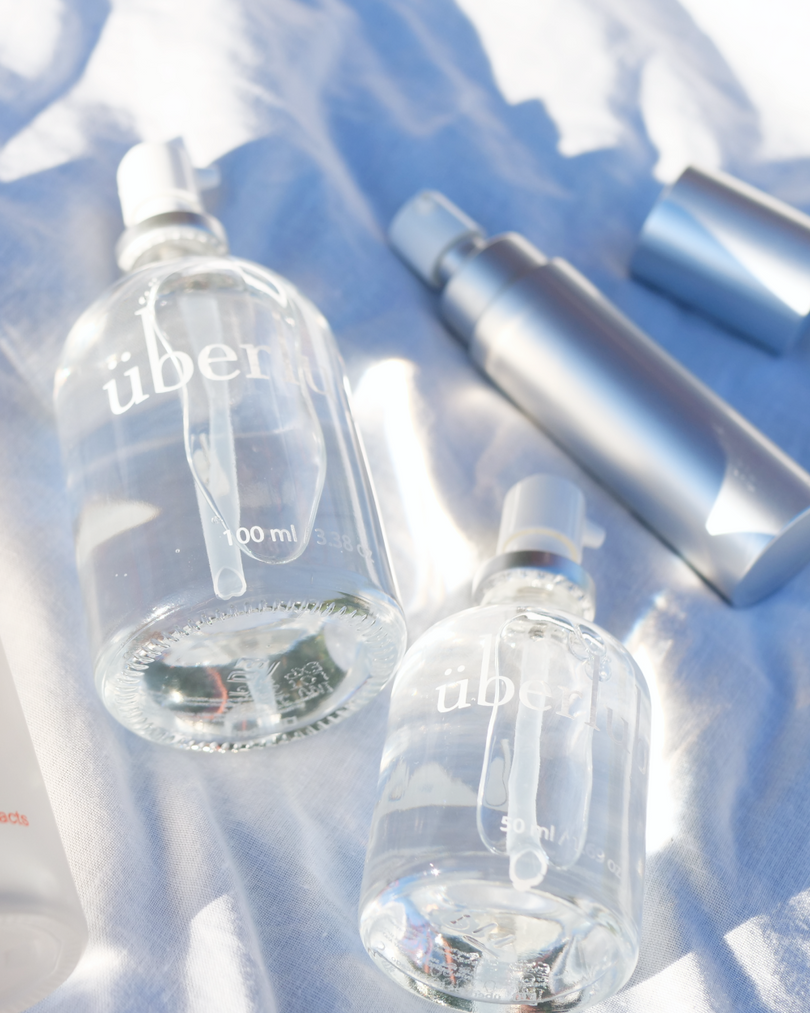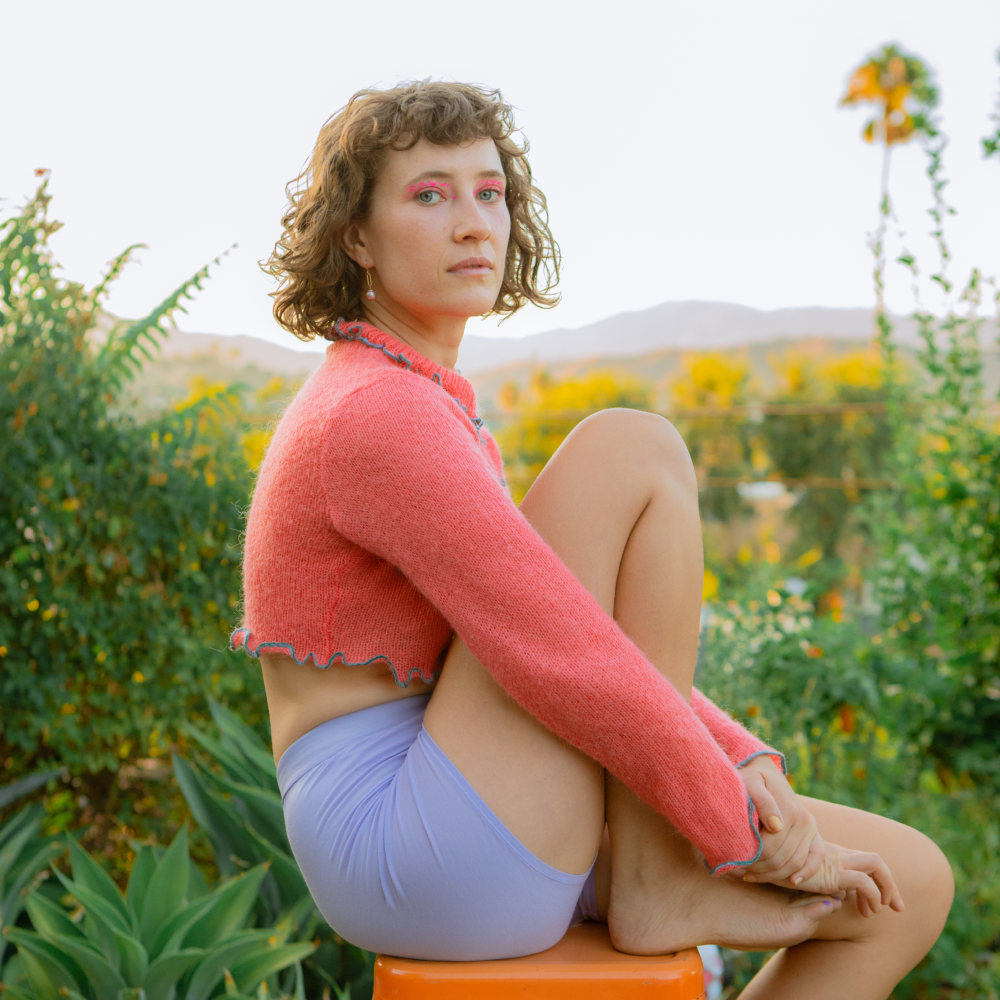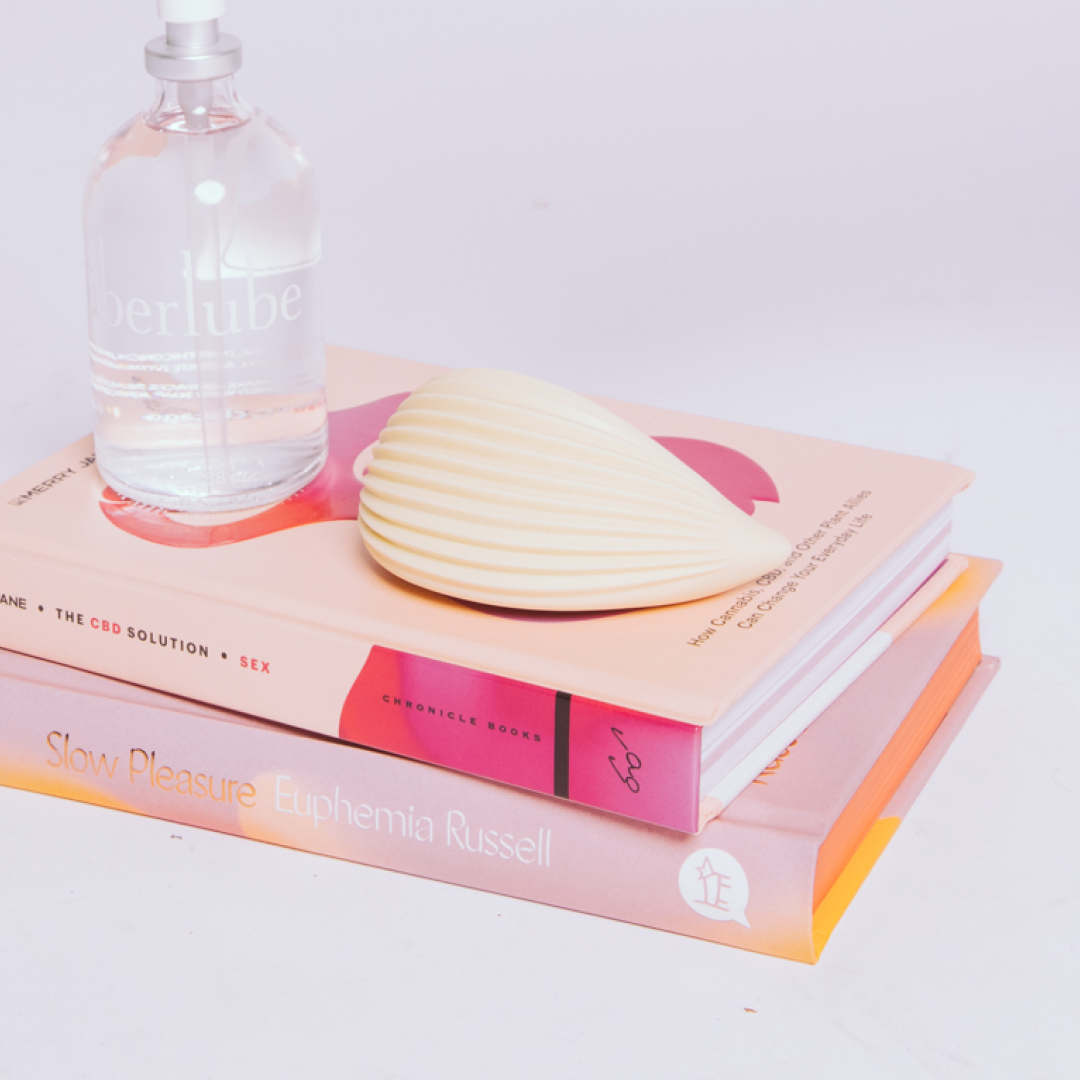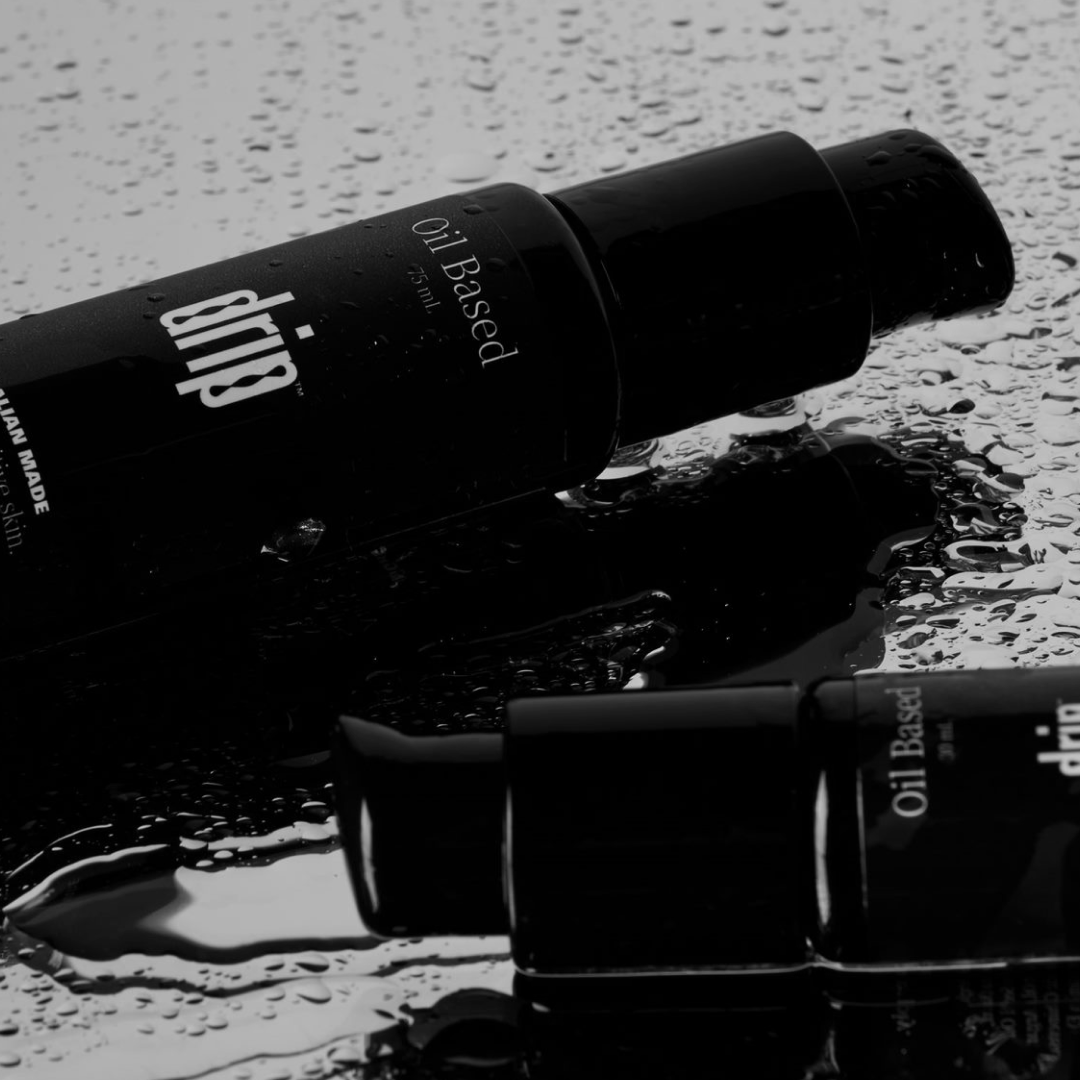
Euphemia Russell (they/them)
AuthorLA/Tongva Land
“My philosophy of transformation and pleasure is about pausing, listening, trust, and inviting in pleasure. Rather than learning, fixing, or accumulating knowledge.”
In a world where productivity and doing often trump slowing down and being, Aussie-born, LA/Tongva Land-based Russell is carving out a unique world that prioritizes "a vast spectrum of pleasure".
Pleasure has become the newest self-care buzzword with celebrities like Dakota Johnson and Cara Delevigne partnering with industry-transforming brands, such as Maude and Lora DiCarlo. While there are certainly shame-minimizing benefits to pleasure being brought center-stage, the pursuit of pleasure remains goal-oriented and narrowly defined. Through their work as a Full-Spectrum Pleasure Coach, Russell reframes the pursuit of pleasure for none other than pleasure’s sake.
“Pleasure is for the sake of pleasure, and we must make more spaces for people to pause, feel and remember for themselves.”
For Russell, pleasure looks like "aliveness and choice." Contrary to how the word is often perceived, "sexual pleasure is only one part, and a backdoor into this [pleasure-centered] world," but, "we’ve been socialized to equate pleasure with sex only."

Their book explores generous pleasure practices and reflection questions related to the "vast spectrum of pleasure" and how we uniquely experience them. The biggest barriers to claiming, prioritizing, and integrating pleasure into our lives, shares Russell, are "shame, guilt, trauma, stress chronic pain, exhaustion, and burnout". Challenges that in order to move through them, must be remembered are shared and perpetuated by institutions and systems around us.
Living busy, burnt-out lives often means turning towards the quick fix to feeling good, but Slow Pleasure reminds us that a rational approach to prioritizing pleasure isn’t the right approach. Spoon-feeding people a scientific research article about the benefits of taking time to cultivate pleasure “defeats the purpose of trying to convince people to rationalize pleasure.” Russell's call to action is that
"we must make more space for people to pause, feel and remember [pleasure] for themselves." What we need far more than a frivolous or hedonistic approach to pleasure are "more frequent moments of solo, community, and collective aliveness and nourishing connection."
"[We need] more frequent moments of solo, community, and collective aliveness and nourishing connection.”
3-4 things everyone should have in their pleasure toolkit?
- Somatic movement practices.
- Community spaces to practice.
- Prioritizing building a relationship of listening to your whole self - thoughts, feelings, and sensations.
- Slow Pleasure: that is full of generous pleasure practices and reflection questions.



